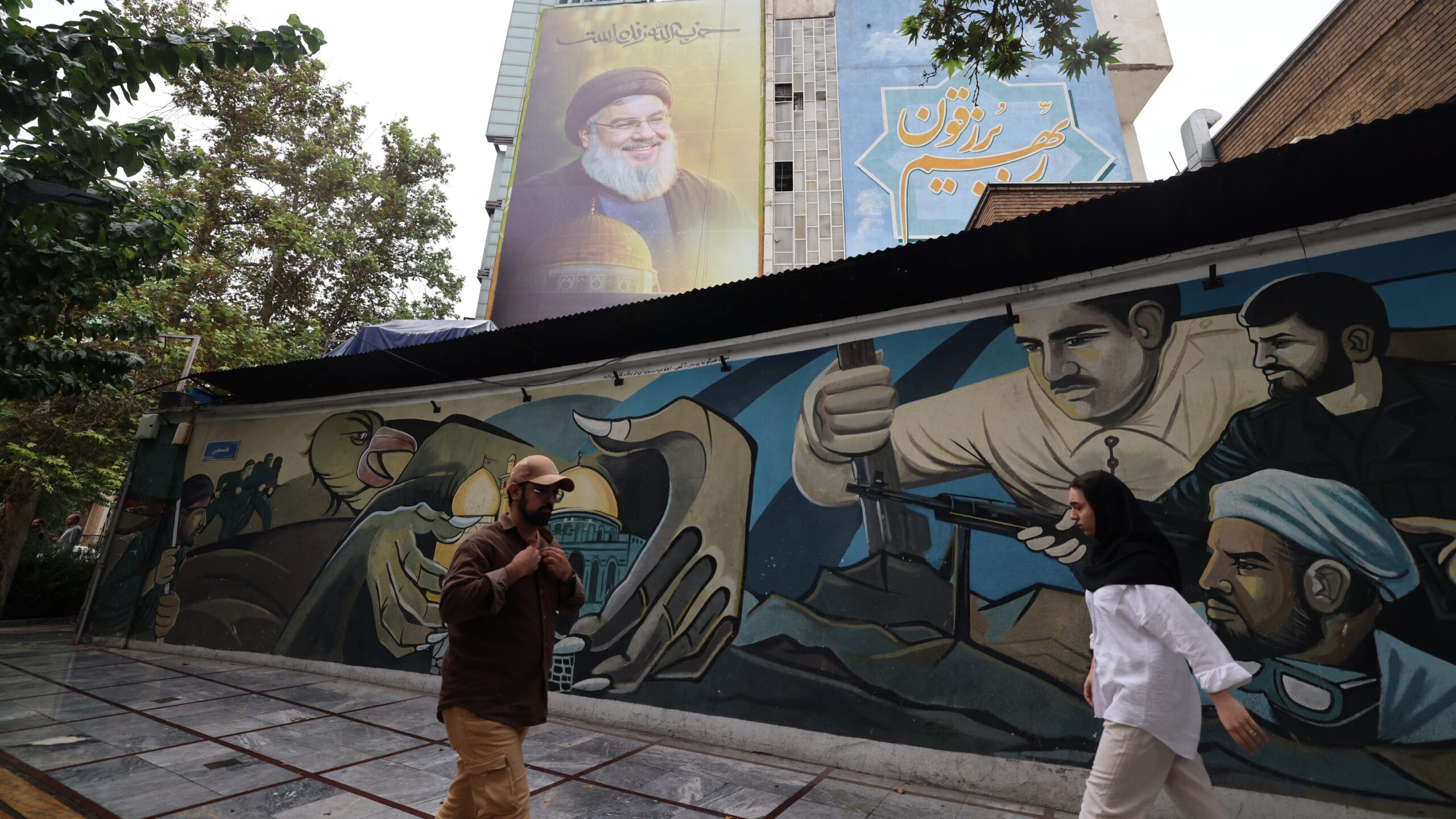Israel’s recent strikes on Hezbollah’s assets, culminating in the killing of the terror group’s leader, Hassan Nasrallah, have significantly shifted the strategic dynamics in the Middle East. However, the operation also coincides with a particularly sensitive time for the Democratic administration, with the US elections coming up this November.
Just a few days before the strike, in response to the escalating conflict between Hezbollah and Israel, Washington and Paris proposed a ceasefire plan to Israeli Prime Minister Benjamin Netanyahu in the hope of subduing the flaring tensions through diplomacy. Netanyahu travelled all the way to New York to say ‘no’ to the offer in a speech at the UN, stating that Israel had no option but to continue its campaign against the Lebanese Shiite terror group. It has since been revealed that at the time of his speech, Israeli fighter jets were already en route to Beirut to settle an overdue debt and eliminate Hassan Nasrallah, the leader the Lebanese terror group Hezbollah.
Under three decades of Nasrallah’s leadership, Hezbollah’s entrenched political and military presence in Lebanon and became Israel’s most prominent non-state adversary along its northern border. Since 7 October 2023 the group has launched daily attacks on northern Israel, forcing the evacuation of at least 68,000 Israeli residents. Nearly a year passed before any serious diplomatic efforts were made to address the situation. But by then it was too late—Israel decided that the time had come for decisive action.
The timing of this strike, however, cannot be separated from the US political context. With the presidential elections just weeks away, Israel’s leadership may view the current political volatility in the US as a window of opportunity to assert control over its northern frontier without any major repercussions from Washington.
So far, the US response to Israel’s actions in Lebanon has been measured, calling for restraint while simultaneously affirming Israel’s right to self-defence. This dual messaging reflects Washington’s balancing act—supporting its strategic ally while trying to avoid a further destabilization of an already volatile region.
The ‘October Surprise’
Historically, so-called ‘October surprises’ have influenced election outcomes, particularly when they involve national security or military engagement that provides little room for candidates to respond and little time for voters to digest before heading to the polls.
With the possibility of an escalating conflict in the Middle East, the situation couldn’t get much worse for the Democratic candidate Kamala Harris and the Democratic administration deeply entrenched in a tight electoral race against Donald Trump. A broader conflict in the Middle East could become a significant liability for Harris’s campaign, especially if US forces get drawn into the fighting. In that case Harris could easily find herself forced into a precarious position—one where decisive action could alienate voters opposed to Israel’s military actions, while if she calls for self-restraint, she could lose those who strongly support the Jewish state.
As far as Donald Trump is concerned, however, another war in the Middle East would only strengthen the former president’s campaign narrative. The Republican nominee has long argued that US influence in global affairs has declined under the Democratic administration, citing conflicts such as the war in Ukraine and Hamas’ attacks on Israel. Trump, a staunch advocate of projecting strength, has criticized diplomatic efforts as ineffective and has positioned himself as a leader who would restore US dominance through a more assertive foreign policy.
The question now is whether there will indeed be another war in the Middle East that will shift the momentum as an ‘October surprise’ and potentially tip the scales in Trump’s favour in November.








